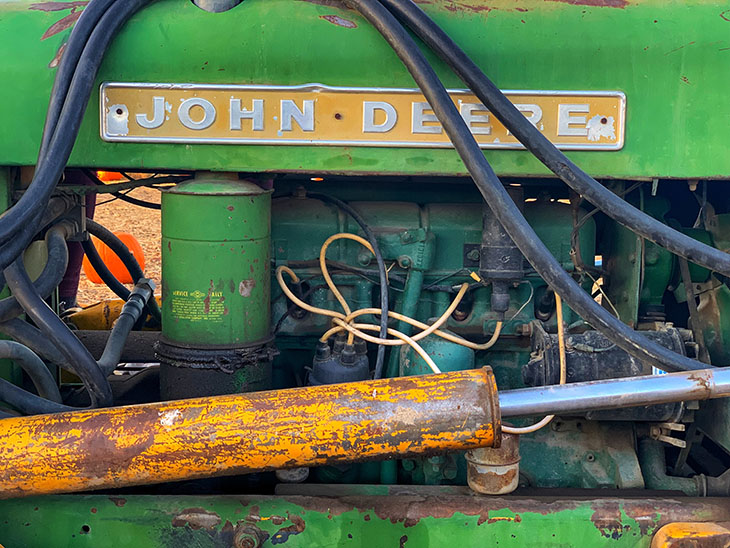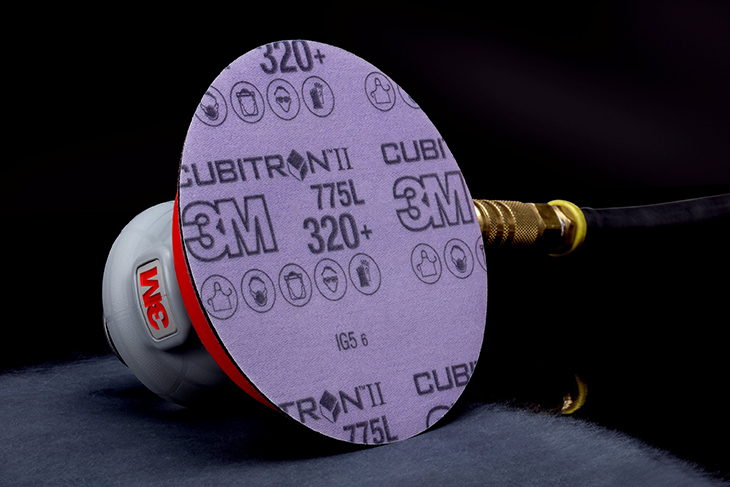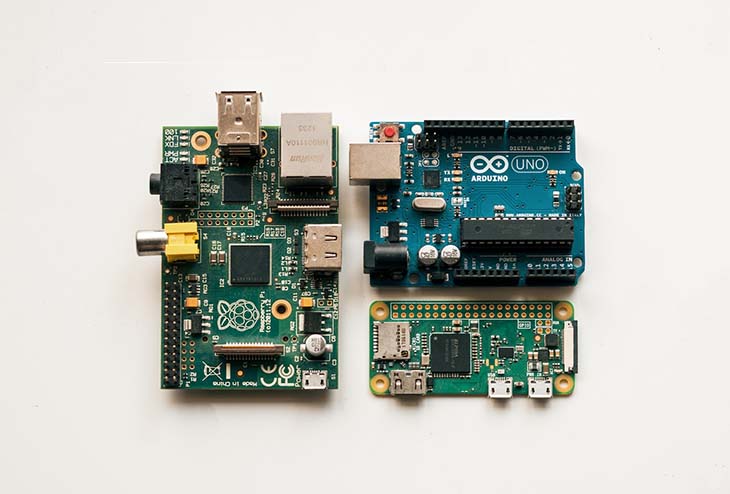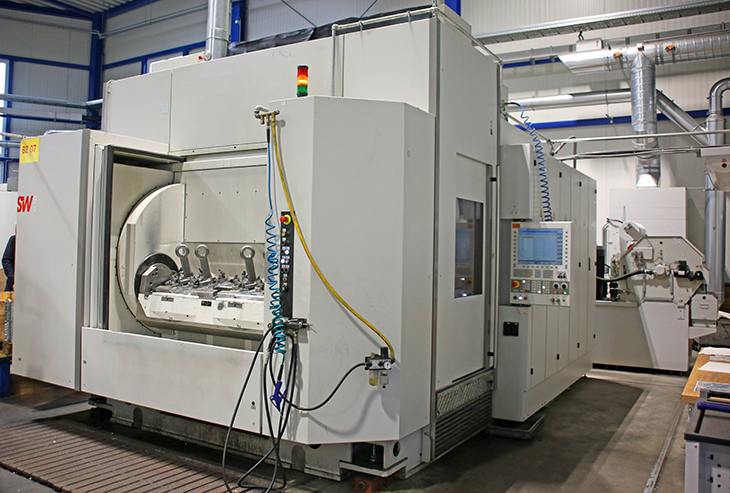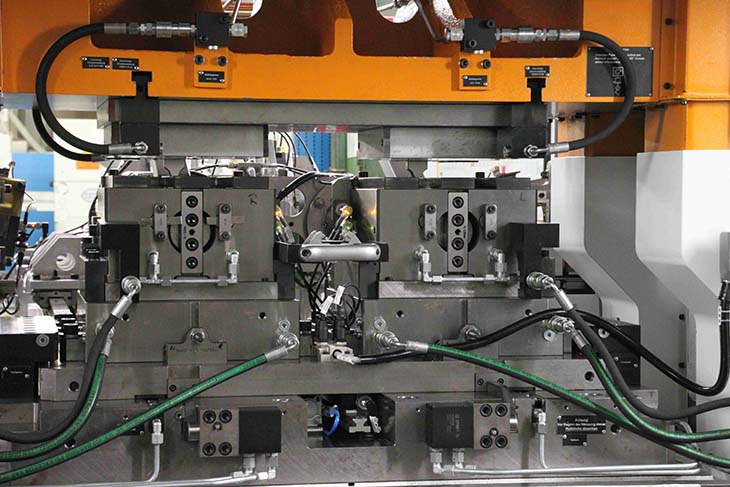The right-to-repair movement has been growing across industries as products have gotten more complex and expensive. In one of the trend’s most significant turning points, the American Farm Bureau Federation (AFBF) has signed an agreement with John Deere to ensure this right for the company’s customers.
Right-to-repair holds that consumers shouldn’t have to go to original equipment manufacturers (OEMs) for maintenance and repair on their products. As technology has advanced and repairs become more complex, it’s become increasingly common for companies like John Deere to retain the exclusive ability to fix their equipment. Now, amid growing outcry against the practice, industry giants like Deere and Apple are reversing that trend.
Short-Term Implications
Under its agreement with the AFBF, John Deere will make its diagnostic codes publicly available. Similarly, the company will sell diagnostic tools and repair equipment to independent repair shops and farmers. As a result, farmers won’t necessarily have to use Deere’s $150-an-hour service center to learn what’s wrong with their equipment and resolve the issue.
As the AFBF signs a similar agreement with New Holland, this shift could spread across more manufacturers. With more companies embracing right-to-repair, consumers may come to expect it from the businesses they buy from. Consequently, the change could have several implications for manufacturers.
While Deere’s revenue from its service call center may decrease, the change also opens up a new market to sell replacement parts and diagnostic equipment. Even if Deere is no longer the sole source of repairs, consumers and repair centers still must turn to them for original parts. A fairer repair policy could also encourage more users to take advantage of these offerings, boosting component production.
However, some manufacturers fear the move to right-to-repair policies could impact sales negatively. More accessible repairs make it easier to keep products in better condition longer, putting off purchases of newer alternatives. Tractors are already popular for having lower retail prices than similar equipment, so Deere’s target market may take advantage of right-to-repair by slowing their new tractor purchases.
Possible Long-Term Changes
John Deere and the AFBF’s right-to-repair agreement and the broader movement as a whole could also have longer-term implications. Most notably, if more manufacturers embrace this movement, it will make the industry more sustainable.
Right-to-repair enables longer product lifecycles by making maintenance more accessible. While that could reduce new equipment sales, it also means manufacturers will use fewer materials and contribute to less waste. Considering how consumers are more likely to buy from sustainable brands, that sustainable shift could boost customer loyalty, offsetting the initial sales drop.
As right-to-repair gains momentum, its challenges will also become more prominent. Products like tractors are becoming increasingly digitized, which means broadening access to their repair resources could introduce cybersecurity and quality assurance issues. These complications could mean uncertain losses for manufacturers.
However, if right-to-repair becomes the norm, product design could adapt to address these problems. Complaints over Apple’s right-to-repair program being expensive and inconvenient highlight how repairs for technologically complex products are difficult to democratize. The solution could be to keep maintenance in mind when designing this technology.
If manufacturers adjust their product designs to make repairs easier, they could implement right-to-repair programs while managing their most significant drawbacks. That way, they would reap the benefits of increased consumer loyalty and sustainability while minimizing their risk.
Right-to-Repair Is a Complex Issue
The right to fix one’s own property may seem straightforward, but issues of technological complexity, security and sales losses muddy the waters. Manufacturers must consider both sides of these larger implications when looking into the right-to-repair movement.
As a leader in the agricultural manufacturing industry, John Deere’s embrace of right-to-repair will undoubtedly ripple across the sector. Whether that benefits or harms manufacturers depends on how they respond, both in the near term and further down the road.









